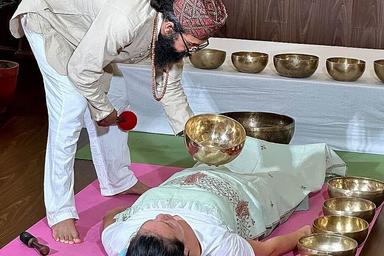
How Technology is Transforming Hospitals in Dubai
26 May, 2023
In recent years, Dubai has emerged as a hub of healthcare tourism, offering state-of-the-art medical facilities and services to patients from around the world. The use of technology in hospitals has played a pivotal role in making Dubai a leading destination for medical tourism. In this article, we will discuss the ways in which technology is transforming hospitals in Dubai and how it is improving patient care.
Introduction
Most popular procedures in India
Dubai is home to some of the most advanced and modern hospitals in the world, equipped with the latest technology to provide the best possible care to patients. Technology has transformed the healthcare industry in Dubai, making it more efficient, accurate, and patient-friendly. From electronic health records to telemedicine, robotic surgery to 3D printing, technology is changing the way healthcare is delivered in Dubai.
Electronic Health Records (EHRs)
Wellness Treatments
Give yourself the time to relax
Lowest Prices Guaranteed!

Lowest Prices Guaranteed!
Electronic health records (EHRs) are digital versions of a patient's medical history, which can be accessed by doctors and healthcare providers from any location. In Dubai, hospitals have implemented EHR systems to streamline patient care, reduce medical errors, and improve communication between healthcare providers. EHRs allow doctors to access patient information in real-time, which helps in making quick and accurate diagnoses.
Telemedicine
Telemedicine is the use of technology to provide medical care to patients remotely. In Dubai, telemedicine has become a popular option for patients who cannot visit hospitals in person. Patients can consult doctors through video conferencing, phone calls, or messaging apps. Telemedicine has made healthcare more accessible and convenient for patients, especially those in remote areas.
Virtual and Augmented Reality
Virtual and augmented reality technologies are being used in Dubai hospitals to enhance the patient experience. Virtual reality can be used to distract patients during medical procedures, reduce anxiety, and provide entertainment. Augmented reality can be used for medical training, allowing doctors to practice surgical procedures in a simulated environment.
Robotic Surgery
Robotic surgery is a minimally invasive surgical procedure that is performed using robotic technology. In Dubai, hospitals are using robotic surgery to improve surgical outcomes, reduce recovery time, and minimize complications. Robotic surgery allows for greater precision and accuracy during surgical procedures, leading to better patient outcomes.
Artificial Intelligence (AI) in Healthcare
Artificial intelligence (AI) is being used in Dubai hospitals to analyze patient data and provide personalized treatment plans. AI algorithms can identify patterns in patient data, which can help doctors make more informed decisions about patient care. AI can also be used to predict patient outcomes, leading to better clinical decision-making.
3D Printing
3D printing is being used in Dubai hospitals to create customized medical devices and implants. 3D printing allows doctors to create personalized implants that fit a patient's unique anatomy, leading to better outcomes and fewer complications. 3D printing is also being used to create medical models for surgical planning and training.
Smart Hospitals
Smart hospitals are hospitals that are equipped with advanced technology to improve patient care, reduce costs, and increase efficiency. In Dubai, hospitals are implementing smart technologies such as sensors, wearables, and mobile apps to improve patient outcomes and reduce hospital readmissions.
Wearable Devices
Wearable devices such as smartwatches and fitness trackers are being used in Dubai hospitals to monitor patients' health in real-time. These devices can track vital signs, such as heart rate and blood pressure, and can alert healthcare providers if there is a problem. Wearable devices can also be used to track patient activity levels and provide feedback on exercise and diet.
Internet of Things (IoT)
The Internet of Things (IoT) is being used in Dubai hospitals to connect medical devices and equipment, making it easier to monitor patients' health and provide timely interventions. IoT devices can track patient data, such as medication adherence, and can alert healthcare providers if there is a problem. IoT technology can also be used to manage hospital resources, such as supplies and equipment.
Cybersecurity in Healthcare
As technology becomes more prevalent in healthcare, cybersecurity has become a critical concern. Dubai hospitals are taking steps to ensure that patient data is protected from cyber threats. This includes implementing strong passwords, encrypting data, and using firewalls to prevent unauthorized access to patient information.
Benefits of Technology in Healthcare
The use of technology in hospitals in Dubai has numerous benefits, including:
Improved patient care and outcomes
Increased efficiency and productivity
Reduced costs and hospital readmissions
Enhanced patient experience
Increased access to healthcare
Challenges of Technology in Healthcare
In addition to the numerous advantages technology brings to healthcare, there exist a number of hurdles that need to be addressed, such as:
High costs of implementation and maintenance
Resistance to change among healthcare providers
Concerns over privacy and security of patient data
Need for specialized training and education for healthcare providers
Future of Technology in Healthcare
The outlook for technology in healthcare is bright, as constant progress continues to be made. Several forthcoming developments in healthcare technology encompass:
Personalized medicine, using genomics and other technologies to tailor treatment to individual patients
Blockchain technology, which can be used to secure patient data and streamline healthcare transactions
Big data analytics, which can be used to identify trends in patient data and improve clinical decision-making
Nanotechnology, which can be used for targeted drug delivery and precision medicine
Conclusion
Technology has transformed hospitals in Dubai in numerous ways. From electronic health records to telemedicine, wearable devices to artificial intelligence, technology is changing the way healthcare is delivered in Dubai. The use of technology in healthcare has numerous benefits, including improved patient care and outcomes, increased efficiency and productivity, reduced costs and hospital readmissions, enhanced patient experience, and increased access to healthcare.
However, there are also several challenges to implementing and using technology in healthcare. These include the high costs of implementation and maintenance, resistance to change among healthcare providers, concerns over privacy and security of patient data, and the need for specialized training and education for healthcare providers.
Despite these challenges, the future of technology in healthcare is bright. New advances are being made every day, including personalized medicine, blockchain technology, big data analytics, and nanotechnology. These advances have the potential to revolutionize healthcare, making it more precise, effective, and patient-centered.
To ensure that the benefits of technology are fully realized, it is important that healthcare providers and policymakers work together to address the challenges of implementation and use. This includes investing in training and education for healthcare providers, ensuring that patient data is protected from cyber threats, and addressing concerns over privacy and security.
Overall, the use of technology in hospitals in Dubai has transformed healthcare, making it more efficient, accurate, and patient-friendly. The benefits are numerous, and the future of healthcare technology is promising. By continuing to invest in and develop new technologies, we can ensure that patients receive the best possible care and outcomes, and that healthcare remains at the forefront of innovation and progress.
Related Blogs

How Healthtrip Ensures Quality & Safety in Eye Surgery Procedures
Detailed guide on eye surgery, featuring doctors, hospitals, risks, recovery,
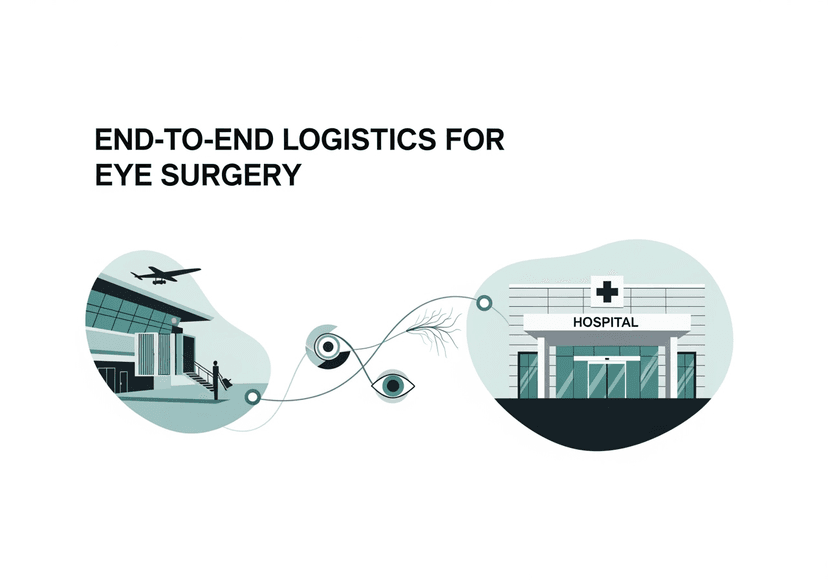
End-to-End Logistics for Eye Surgery with Healthtrip's Support
Detailed guide on eye surgery, featuring doctors, hospitals, risks, recovery,
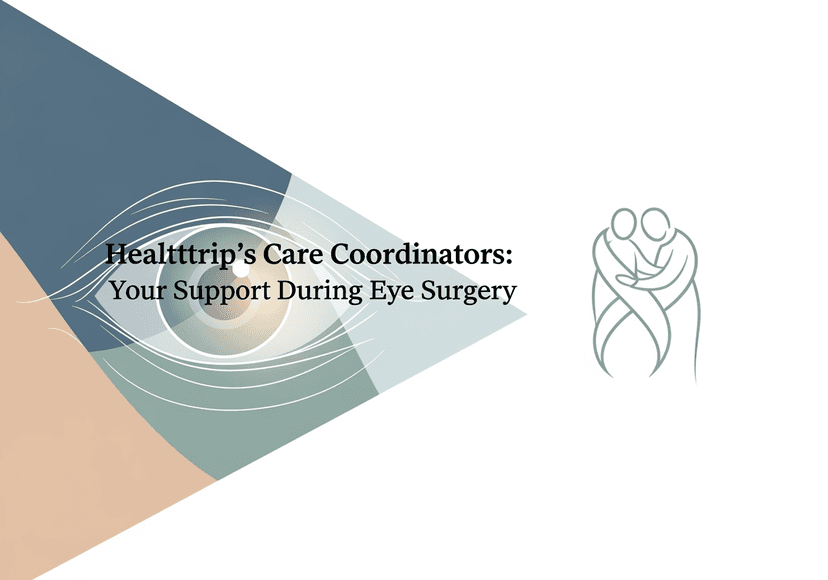
Healthtrip's Care Coordinators: Your Support During Eye Surgery
Detailed guide on eye surgery, featuring doctors, hospitals, risks, recovery,
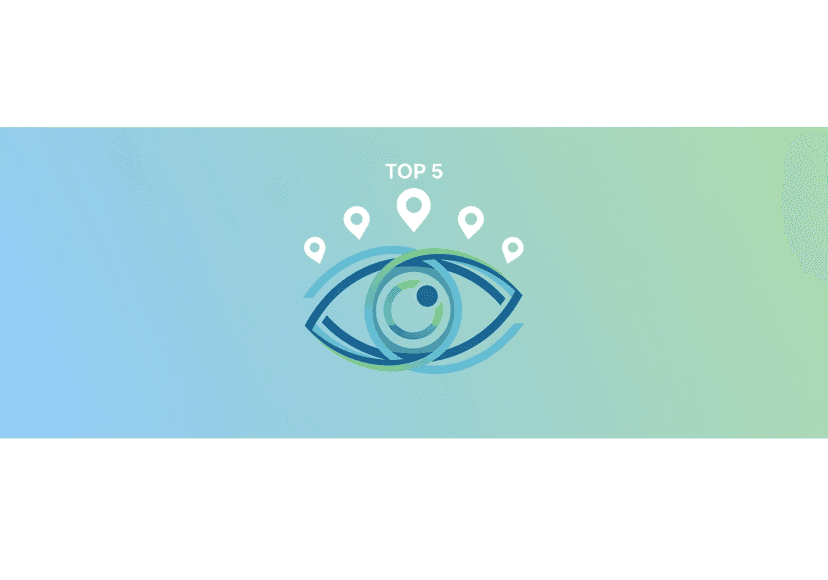
Top 5 Indian Hospitals for Eye Surgery
Detailed guide on eye surgery, featuring doctors, hospitals, risks, recovery,

Post-Eye Surgery Diet and Lifestyle Tips
Detailed guide on eye surgery, featuring doctors, hospitals, risks, recovery,
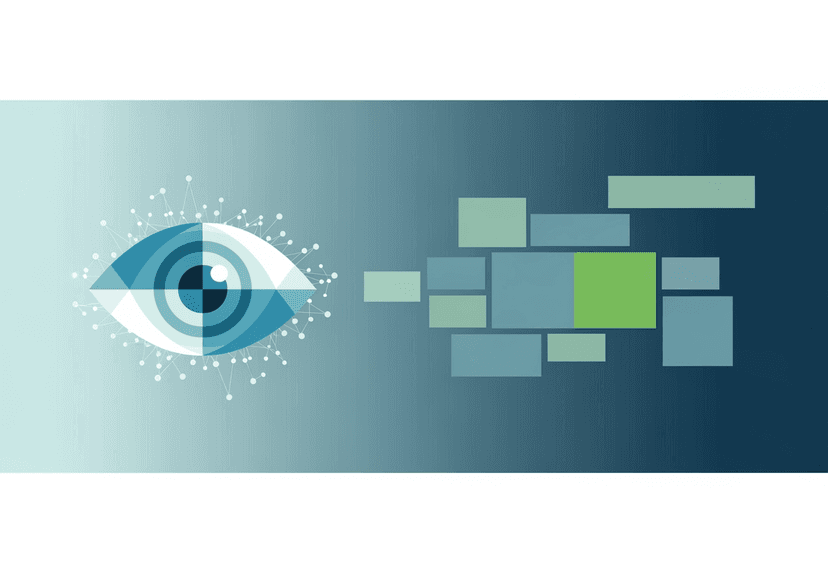
Common Risks in Eye Surgery and How Healthtrip Manages Them
Detailed guide on eye surgery, featuring doctors, hospitals, risks, recovery,







